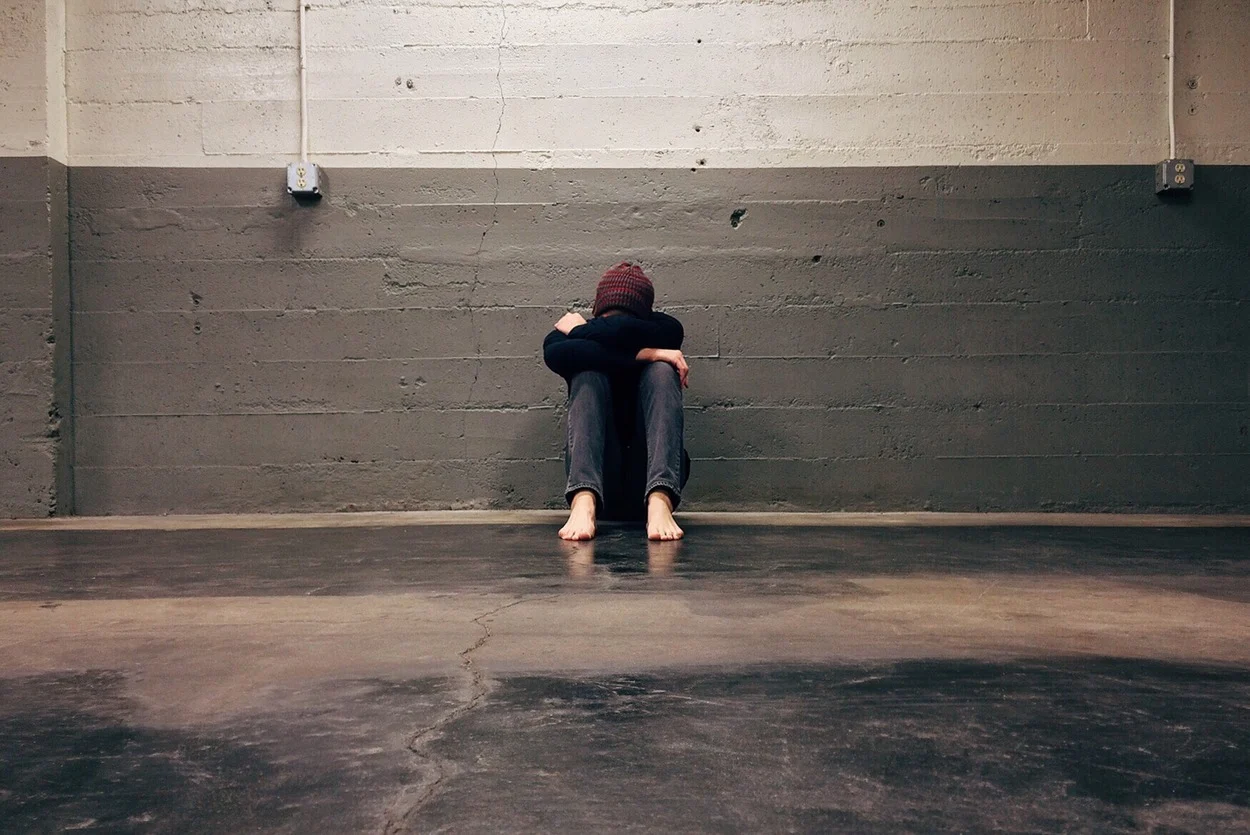When something wrong happens, do you feel regret or remorse? These emotions can be potent but they are pretty different.
People generally talk about regret and remorse interchangeably, but there is a distinction between the two emotions.
Regret is feeling upset or disappointed about the past, while remorse is feeling guilty about the past. Both are negative emotions, but they arise from different causes and have different effects on our behavior.
In this blog post, we’ll explore the key differences between regret and remorse and discuss how to deal with each emotion in a healthy way. So, let’s dive into it.
What is the Feeling of Regret?
Regret can be a hard feeling to define. For some, it might be a sense of sadness or disappointment at something they did or failed to do.
Others might feel regretful after making a choice they later see as a mistake. Occasionally, regret might be accompanied by a yearning for what could have been.
Research by the Association for Consumer Research shows that this negative emotion can help you in future decision-making.
Experiencing regret can motivate you to make different choices in the future and avoid repeating the same mistakes. In this way, regret can help you to learn and grow from your experiences.
Feeling of Remorse
In its simplest form, remorse is the feeling of deep regret (often caused by some wrongdoing). There is usually a desire to correct the wrong done or to atone for it.
Murder is undoubtedly one of the most severe misdeeds a person can commit, and it often elicits feelings of remorse in the perpetrator.
Ultimately, remorse is a complex emotion that can be difficult to understand or explain. However, it is often an essential factor in determining whether or not someone can be rehabilitated after committing a crime.
Regret vs. Remorse
| Regret | Remorse |
| It is possible to feel this emotion for something you have done or haven’t done. | Having remorse means regretting what you have done. |
| It’s a negative emotion. | It’s also a negative emotion. |
| You get to learn so many lessons from this emotion that could help you in the future. | If you’ve done a crime, feeling remorse may not bring any change in your future as you will have to pay for your actions. |
| If the bad decision is affecting them, psychopaths may feel regret. | Many psychopaths lack this emotion. |
| Regret can be transient, lingering for a few moments, or it can become chronic and interfere with daily life. | Remorse is often deeply felt and may last for a long period of time. |
| Most people view regret as a sign of failure. | It is possible to view remorse as a form of personal growth. |
| Regret does not necessarily involve any action to fix the situation, and it can lead to feelings of helplessness or inaction. | Remorse often involves making amends by apologizing or taking action to make the situation right. |
Can Psychopaths Feel Remorse?
Unfortunately, psychopaths lack this feeling because they don’t consider the pain their actions will cause others or themselves. Surprisingly, most serial killers are psychopaths who have no remorse after hurting others.
In rare cases, murderers carry out crimes without any remorseful feelings at the time, though it is not uncommon for them to experience such emotions afterward. This can be due to the realization of their actions’ finality and the hurt they have caused to others.
In some cases, remorse may also be spurred by guilt or a sense of justice, mainly if the victim is innocent.
How to Cope with the Feeling of Regret or Remorse?

Here are some ways you can cope with the feeling of regret or remorse:
- Recognize that feeling regret or remorse is a normal part of the human experience. It can be helpful to remind yourself that everyone regrets from time to time, and there is no shame in experiencing these feelings.
- The first thing to overcome the feeling of regret is to apologize for whatever you did wrong. It helps you start your relationship from new beginnings.
- Stay mindful of your emotions at the moment rather than dwelling on them for long periods afterward. One effective coping strategy is acknowledging and accepting your feelings of remorse without trying to change or suppress them.
- Talk through your feelings with a trusted friend or loved one. Sometimes sharing your thoughts and emotions can help you process them more fully and put the experience behind you.
Can Your Words Hurt Someone?

Words have the power to hurt and offend people, whether intentionally or unintentionally.
In some cases, words can cause physical harm, such as bullying or harassment. Moreover, they can lead to emotional distress and psychological trauma affecting a person’s mental health.
Being thoughtful and mindful when communicating with others is essential, especially in sensitive situations. This can involve thinking about how your words might be perceived by others and evaluating your own biases and assumptions.
If you find yourself in a situation where your words have hurt someone, it is essential to take responsibility for your actions by apologizing and making amends. Additionally, it is essential to be more mindful in the future and work on communicating in a respectful and empathetic way.
Conclusion
- Regret or remorse are complex emotions that can be difficult to understand or explain. Still, it is often an essential factor in determining whether or not someone can be rehabilitated after committing a crime.
- There are many strategies for coping with the feelings of regret or remorse, such as accepting responsibility for your actions, focusing on self-care, and talking through your emotions with trusted friends or loved ones.
- It is important to remember that words have the power to hurt and offend people, both intentionally and unintentionally. It is, therefore, crucial to be mindful of how you communicate to avoid causing harm.

